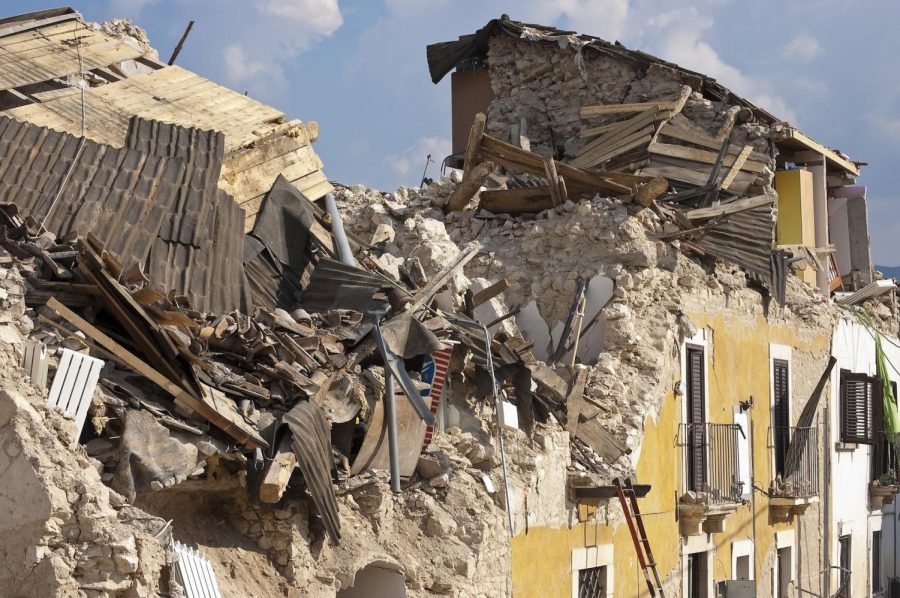On November 12, near the Iran-Iraq border, a 7.3 magnitude earthquake hit. It shook the entire middle east, putting thousands in shock. This was the strongest quake to hit since January 1967, and that was only a 6.3 magnitude. The quake had over 200 aftershocks, or mini-earthquakes after the initial hit, leaving the citizens on edge fearing when the next one will come. It is now the deadliest earthquake of the year, surpassing the one that hit in Mexico early this fall.
Over 540 people have been claimed deceased and more than 8,000 were injured. Most of the damage reported was done to the infrastructure of the villages and thousands of citizens homes. Approximately 70,000 people are currently homeless.
The government has been trying to help, but it is proving difficult to reach remote areas. Most of the smaller poor villages are hard to reach because they are in the mountainous regions, but these are the most crucial to reach because they were hit the hardest. One resident in the remote village of Kermanshah mentions, “There has been no help yet, neither food nor water, no clothing, no tents, there is nothing.” People are struggling to survive with the little to no supplies they have.
The Iranian president, Hassan Rouhani, visited the city of Kermanshah on November 14 to assess the relief efforts. While there he said, “ I would like to tell all victims in the earthquake that the government has been making every effort to solve the problem of housing people temporarily, and will help also launch reconstruction.”
The Iranian government has sent out search and rescue teams to help those stuck in the damage and get them proper medical help. They have also sent Iranian army helicopters to help relieve citizens.
In Iraq, at least 7 people have been reported dead and over 500 have been injured. The damage was a little less severe in Iraq but it still devastated those affected by it. The Iraqi prime minister, Haider al-abadi, tweeted shortly after the initial quake that he“instructed civil defense teams and health and aid agencies to do all they can to provide assistance to the affected by the quake.”
Despite the minimal relief efforts made so far, both the Iraqi and the Iranian leaders are making efforts to improve the situation. Relief will come, but it may take some time.









